Put a box on either side of the towels. The boxes represent the continental plates while the towels represent the buildup of sediment on the sea bottom. Push the boxes (continental plates) towards each other and observe the "mountains" being formed. Ask your kids to make observations about the folds and the shape.. Mountains are formed by movement within the Earth's crust. There are three main catagories of mountains: Volcanic, Fold and Bock. Mountains are formed along fissures, cracks, or tectonic plate edges, where movement in the earth's crust causes pressure or friction. Some of the most famous mountains on earth are, Mount Everest, the Andes.

Folded Mountain Diagram

GeoPicture of the week folds at Mt. Head
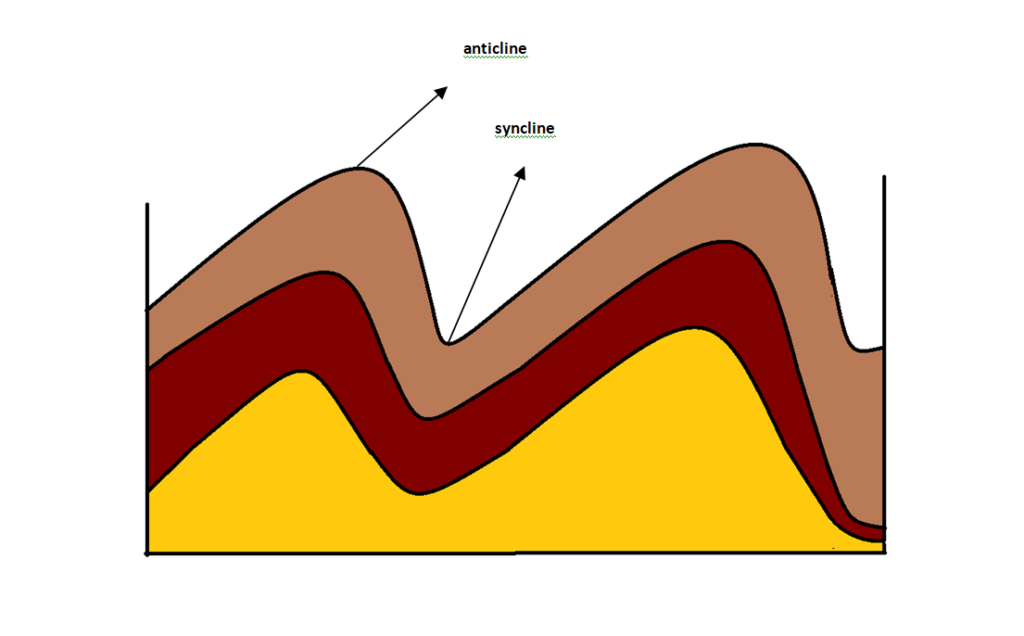
Types of mountains Fold mountains, Volcanic mountains, etc.

PPT Fold Mountains PowerPoint Presentation ID1208906
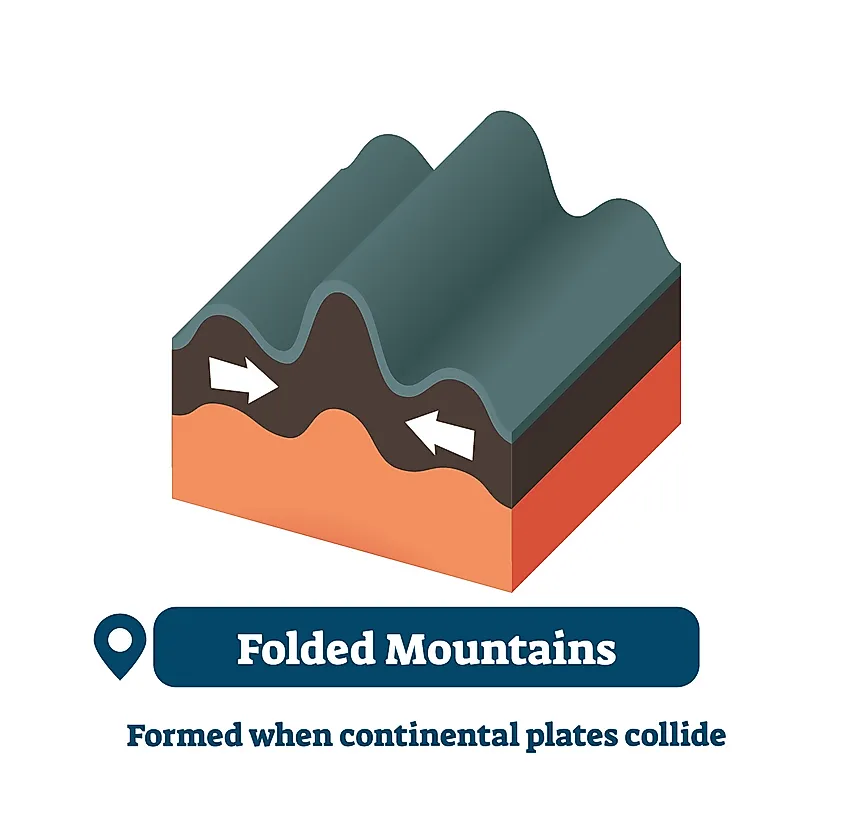
How Are Mountains Formed? WorldAtlas
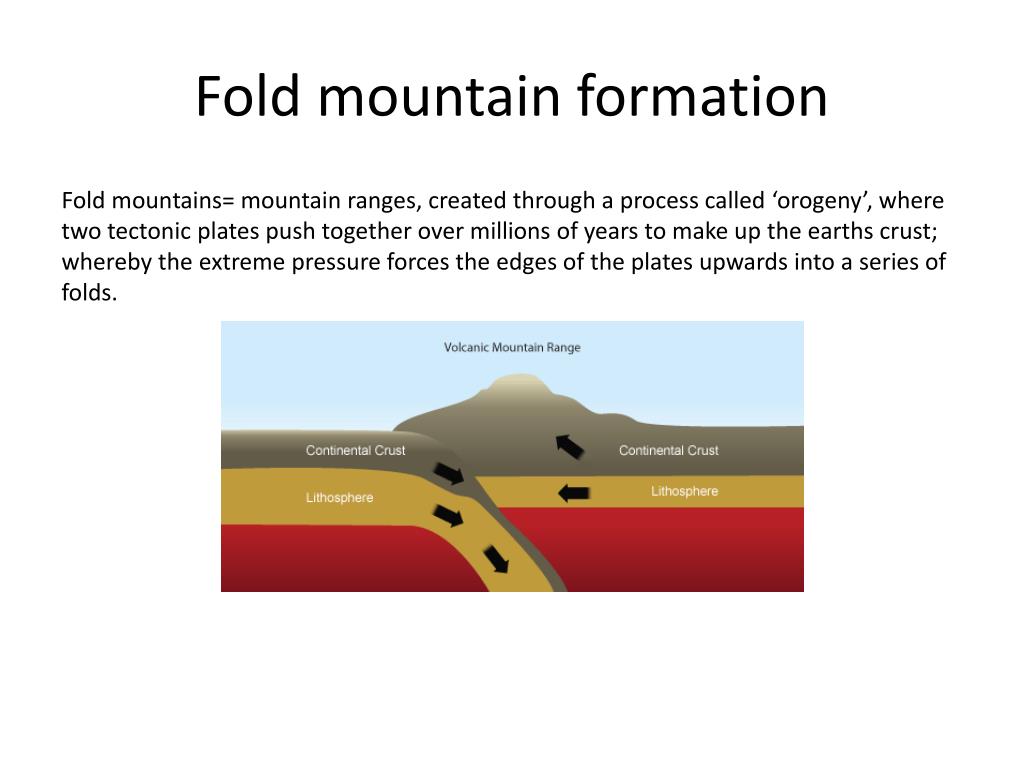
PPT Fold Mountains PowerPoint Presentation, free download ID4079366

Ch. 8 Science by pamason
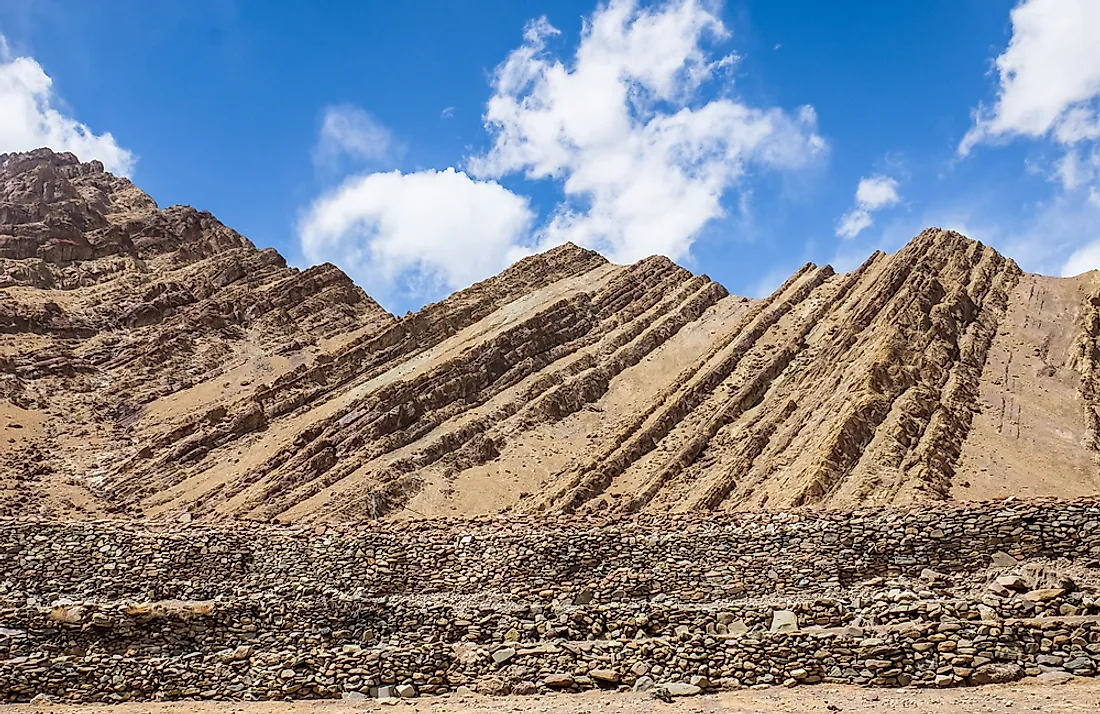
What Is A Fold Mountain? WorldAtlas

Fold Mountains Lesson for Kids Definition & Facts Lesson
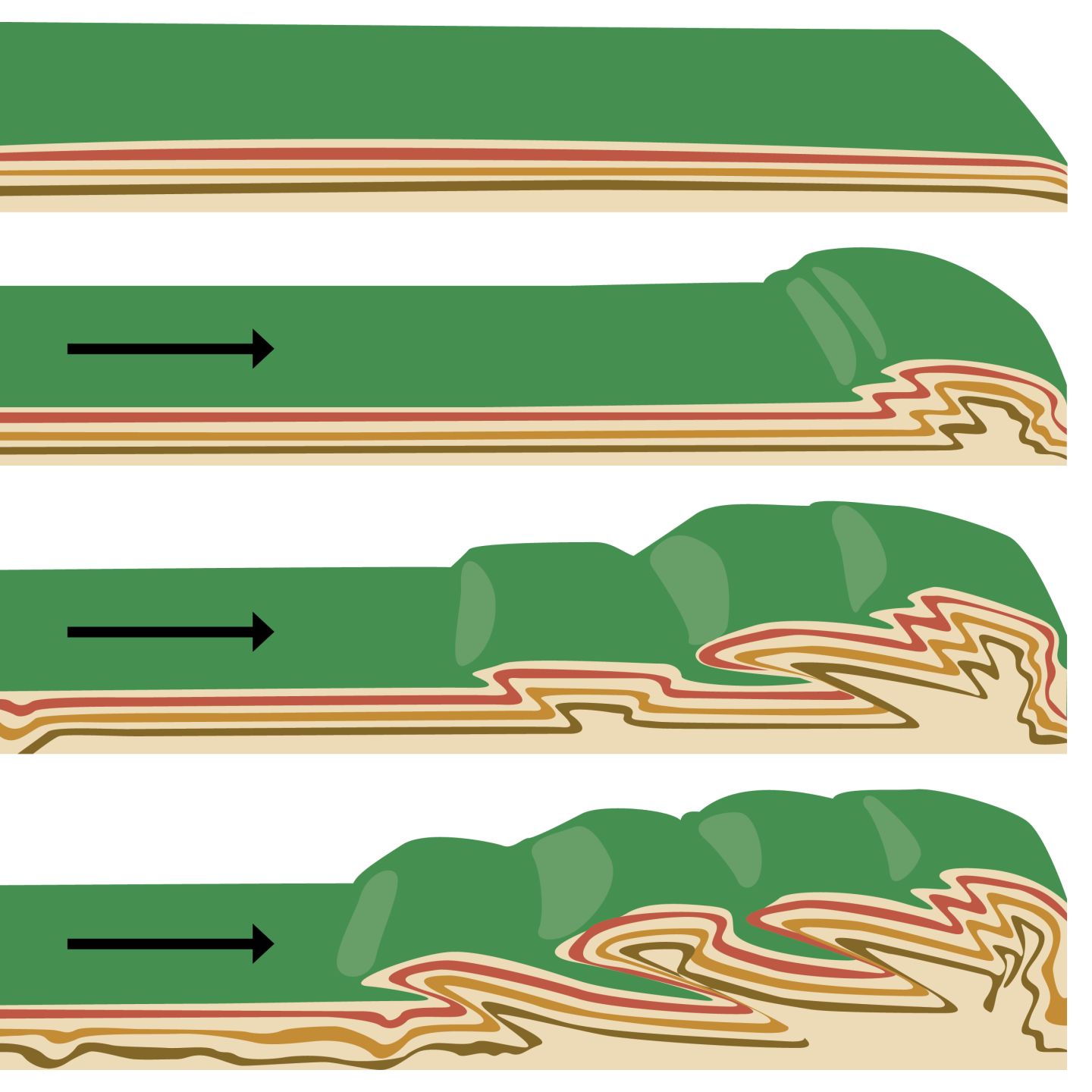
DK Find Out! Fun Facts for Kids on Animals, Earth, History and more!

Fold Mountains formed when two Plates Collide Fold

Fold Mountains formed when two Plates Collide Fold

fold mountain National Geographic Society

PPT How are mountains formed? PowerPoint Presentation, free download ID3134272

Fold Mountains formed when two Plates Collide Fold

Fold Mountains formed when two Plates Collide Fold

What are fold mountains? Made SIMPLE The geography teacher

Fold Mountains formed when two Plates Collide Fold
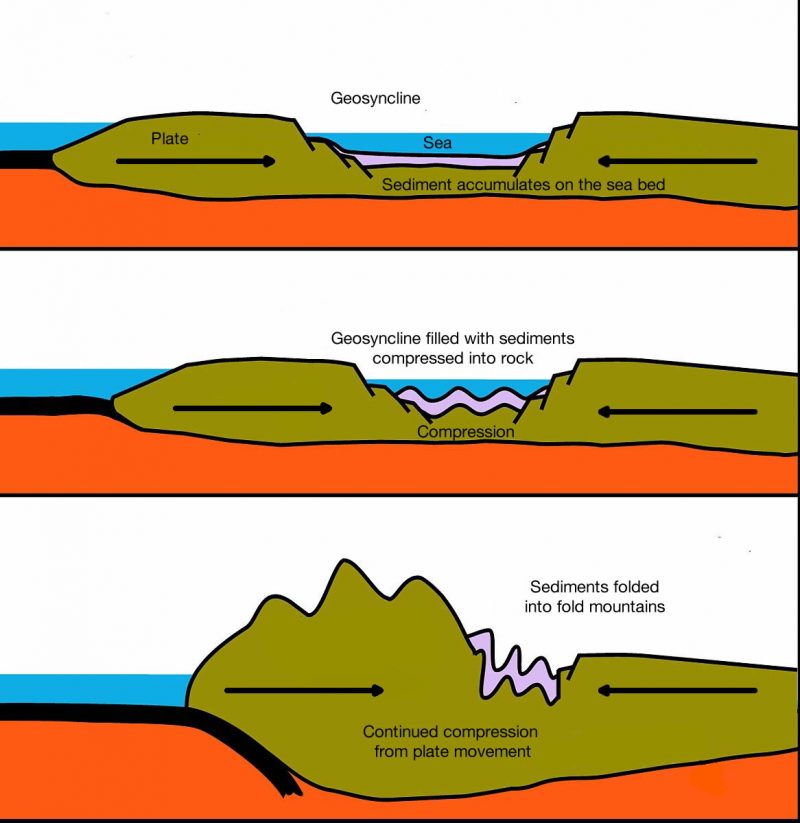
Fold Mountains Geography

Fold Mountains formed when two Plates Collide Fold
Fold mountains length greatly exceeds the width. Himalayas are a fold mountain. Fold Mountains are formed as a result of the compression of tectonic plates, which leads to the formation of large fold-like structures on the earth's crust. Fold Mountains primarily exist as mountain ranges, and the majority of the earth's well-known mountain.. Mountain formation refers to the geological processes that underlie the formation of mountains. These processes are associated with large-scale movements of the earth's crust (plate tectonics). [1] Mountain formation is related to plate tectonics. Folding, faulting, volcanic activity, igneous intrusion and metamorphism are all parts of the.